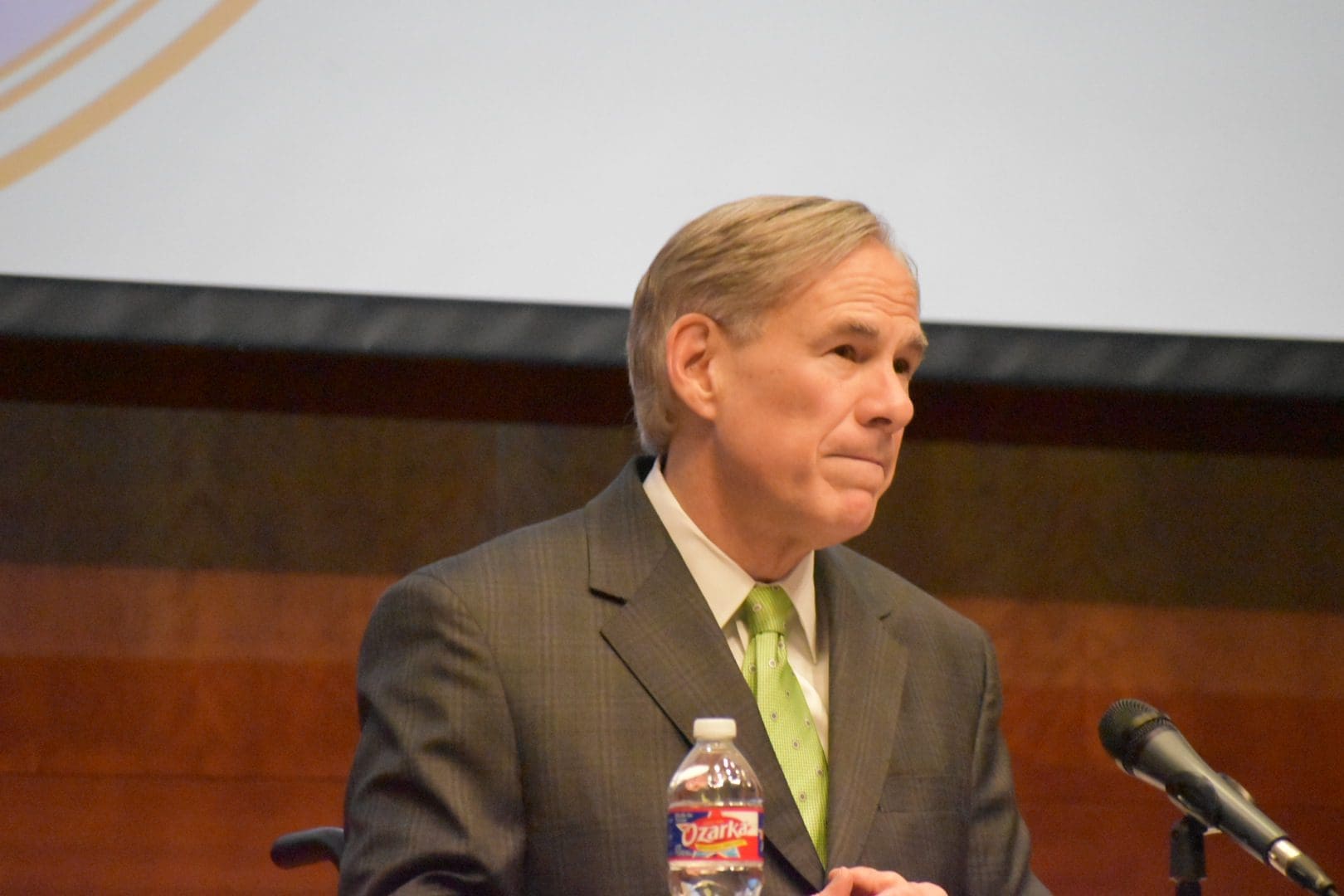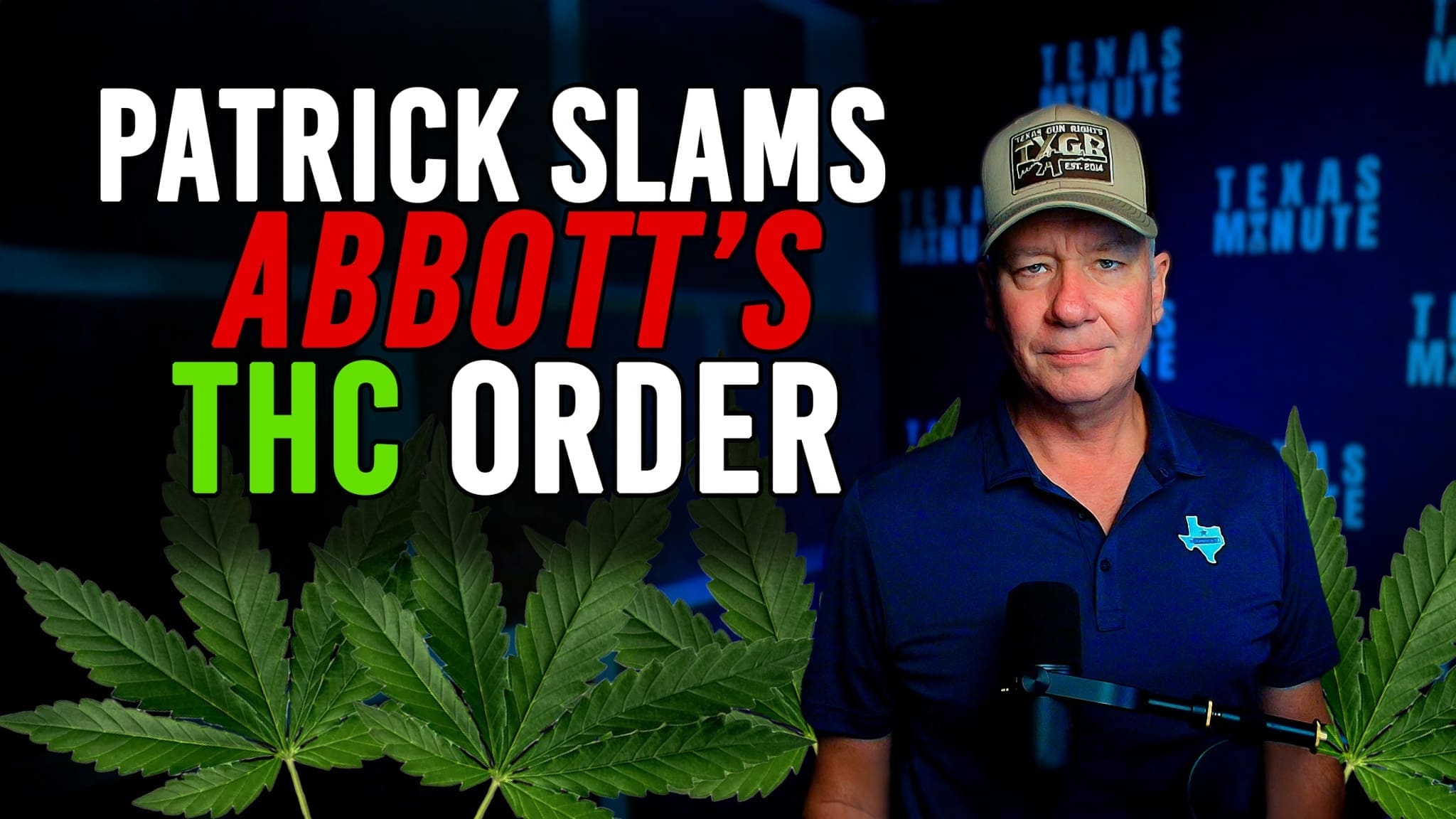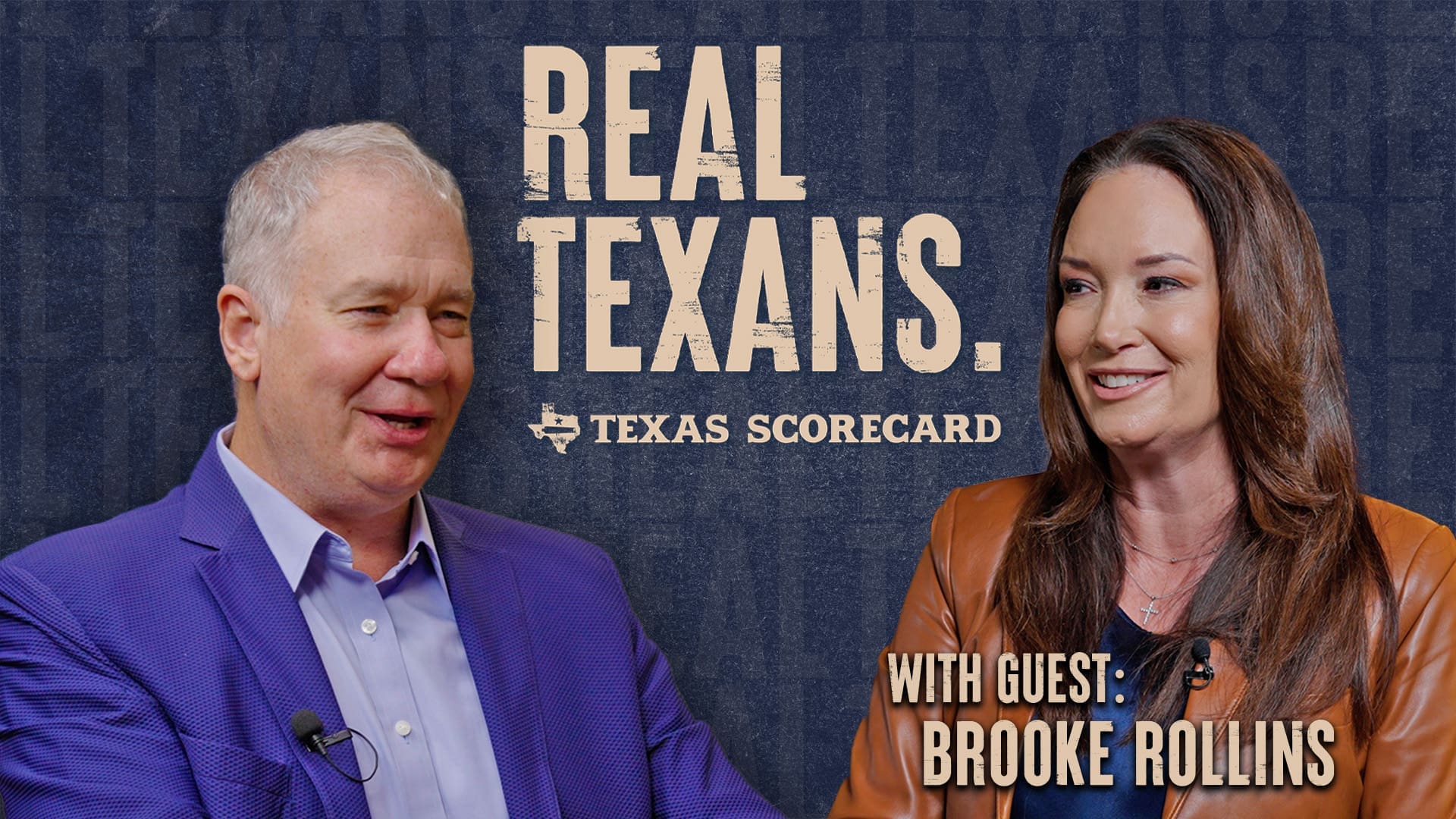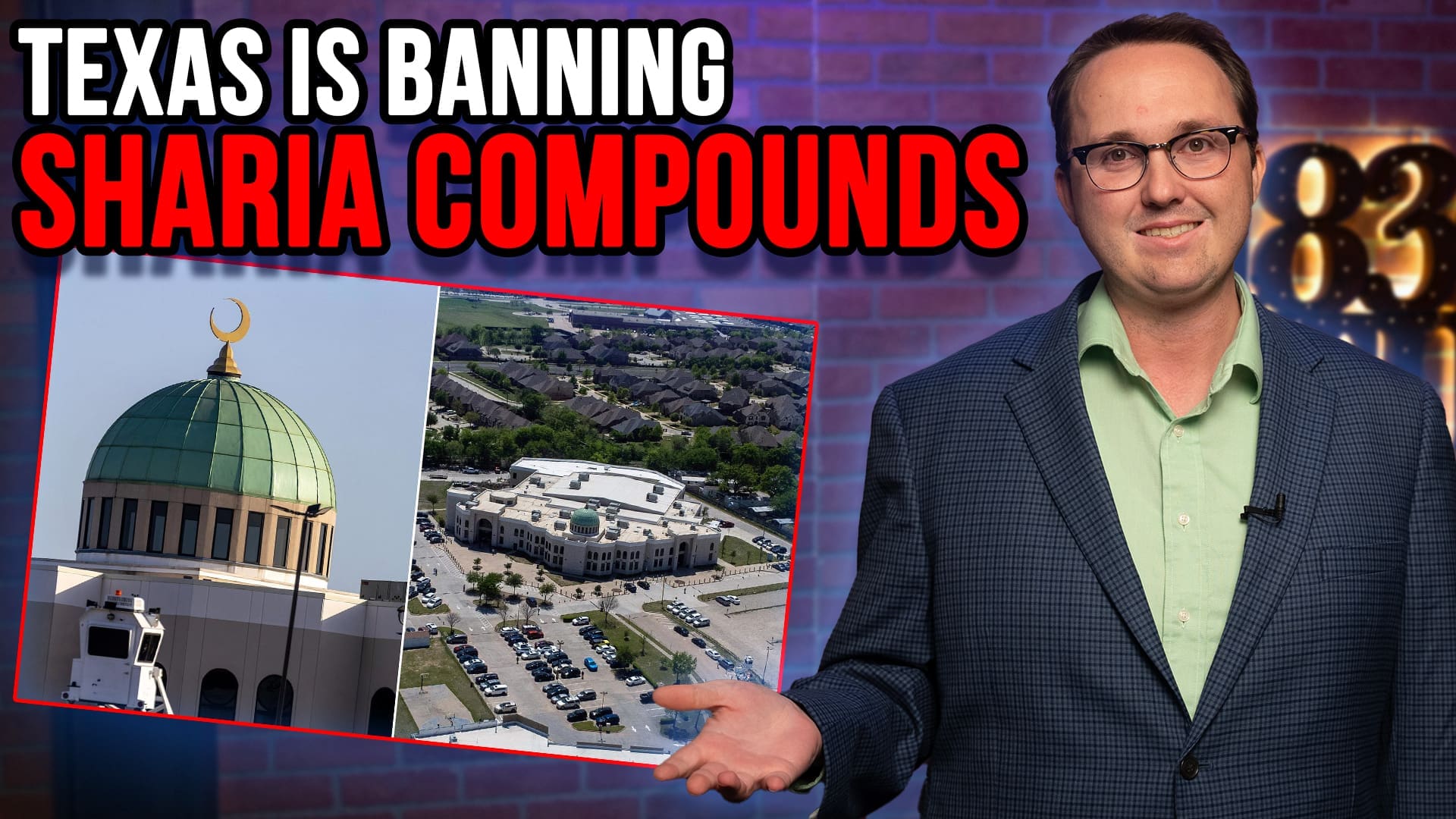AUSTIN — After a years-long fight to protect children in Texas, Gov. Greg Abbott and other top elected officials still won’t act.
Now, one of the authors of a proposed child protection law says he doesn’t know why his legislation won’t get traction in the Republican-controlled Texas House of Representatives.
The Issue
At issue are gender mutilation operations. Currently in Texas, medical professionals are allowed to cut off children’s healthy body parts as part of gender surgeries or chemically castrate them through sterilizing cross-sex hormones and puberty blocker drugs.
The issue drew an international spotlight in Texas with the child abuse case of James Younger, a 9-year-old Dallas-area boy whose mother told him he was a girl and wanted to force him—against his father’s wishes—to take sterilizing drugs and eventually be castrated.
Texas Scorecard extensively reported on the issue this year, detailing the outcries of parents across the state, the vote of nearly 2 million Republican primary voters to ban the barbaric medical practices, and the disastrous legislative saga where state lawmakers and Gov. Greg Abbott repeatedly refused to outlaw the operations.
The Key Players
Amid the crowd of elected officials in the halls of state government in Austin, four primary figures emerged to stop the child protection laws.
Three of them are Republican state representatives: Speaker of the House Dade Phelan, and State Reps. Dustin Burrows (Lubbock) and Stephanie Klick (Ft. Worth). All of them used their powerful committee chair and leadership positions in the Texas House of Representatives to delay or kill numerous proposals that would have outlawed the practices on minors across the state.
The fourth is Gov. Greg Abbott. He has remained nearly silent on the whole issue for almost two years, and—despite the proposed child protection laws being a priority of the Republican Party of Texas—he chose not to add it to the state Legislature’s to-do list in three consecutive special sessions this year.
Texas Scorecard also detailed his other recent puzzling comments and behaviors on the issue—such as when he declined to say if he’d add the child protection to his list of priorities, when he said those proposals had a “nil” chance of making it through the Republican-controlled Texas House (despite state representatives refuting that claim), and when he asked a state agency to decide if castrating a child is child abuse.
“Why? Why, in a conservative state with Republicans in charge … a law that says we’re not going to let you carve up your 10th grader because he thinks he’s a girl,” talk show host Mark Davis recently asked Abbott. “How in God’s name does that not pass in Texas?”
“Uh, I can’t—I—I can’t answer for that other than I can game the odds,” Abbott replied.
“Will there be any attempt to put [the proposed protections] on the [Legislature’s special session], to make it a law in this state?” A moderator recently asked Abbott at a public forum.
“We–we–we do need—great question,” Abbott replied. “So, we do need it as a law. And it would be stronger, obviously, if the Legislature would pass it, and I want to see the Legislature pass it.”
Abbott declined again to say whether he would add the issue to the Legislature’s list. Notably, though, he did include dog tethering on his list of priorities for the Legislature’s October session.
“That Gov. Abbott would place legislation to ban dog tethering on the third special session instead of protecting children from this rapidly growing destructive phenomenon is appalling,” Texas GOP committee chairwoman Glover told Texas Scorecard.
“It’s past time for Greg Abbott to put an end to the games and be honest with voters about where he stands on these issues,” said Don Huffines, former state senator and current Republican candidate for governor. “He can either demand legislation to protect vulnerable kids from abusers … or he can come out as an ally of the transgender movement.”
Why Is This So Difficult?
While state lawmakers and Abbott continued playing political games to avoid the issue and not pass a statewide protection law, several Republican state representatives then took their questions to Texas Attorney General Ken Paxton, asking him if chemical castration of a minor constituted child abuse.
After nearly 100 days, Paxton has yet to respond with an opinion.
This week, State Rep. Matt Krause (R–Haslet)—the author of one of the child protection proposed laws earlier this year and one of the lawmakers who submitted an inquiry to Paxton—commented on the overall series of events.
“I really wish I could answer that question. But I just can’t figure it out,” Krause said on the Luke Macias Show, when asked why those top state officials—who are all Republicans—are seemingly fleeing from this problem. “Because from a policy perspective, [passing the child protection law] is the right thing to do. I think and talk to Republicans and Democrats, a lot of them understand this is the right thing to do. You cannot be experimenting and working on these kids under 18 years of age who have no idea what the ramifications in the long term future is, for the decisions that they’re making.”
“And so, I don’t know. I don’t know why we can’t get traction necessarily on it,” Krause continued. “Like you said, we have the votes in the House. Let’s bring it up in the fourth special session.”
Meanwhile, Arkansas recently passed a law to prohibit such operations on kids, called the Save Adolescents from Experimentation (SAFE) Act.
“I keep asking myself: Why do we have to work this hard to get our elected officials to protect children in this state?” said James Younger’s father, Jeff, at a press conference earlier this year.
As more citizens and lawmakers admonish Abbott to reconvene the state Legislature for a fourth session in January, concerned citizens may contact their state representative or the governor.





